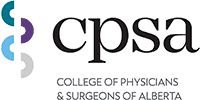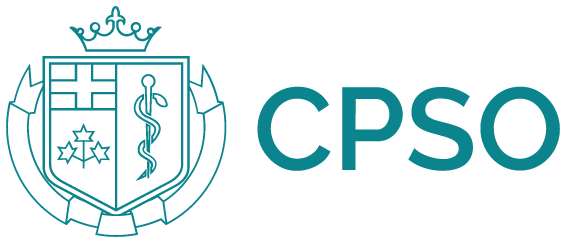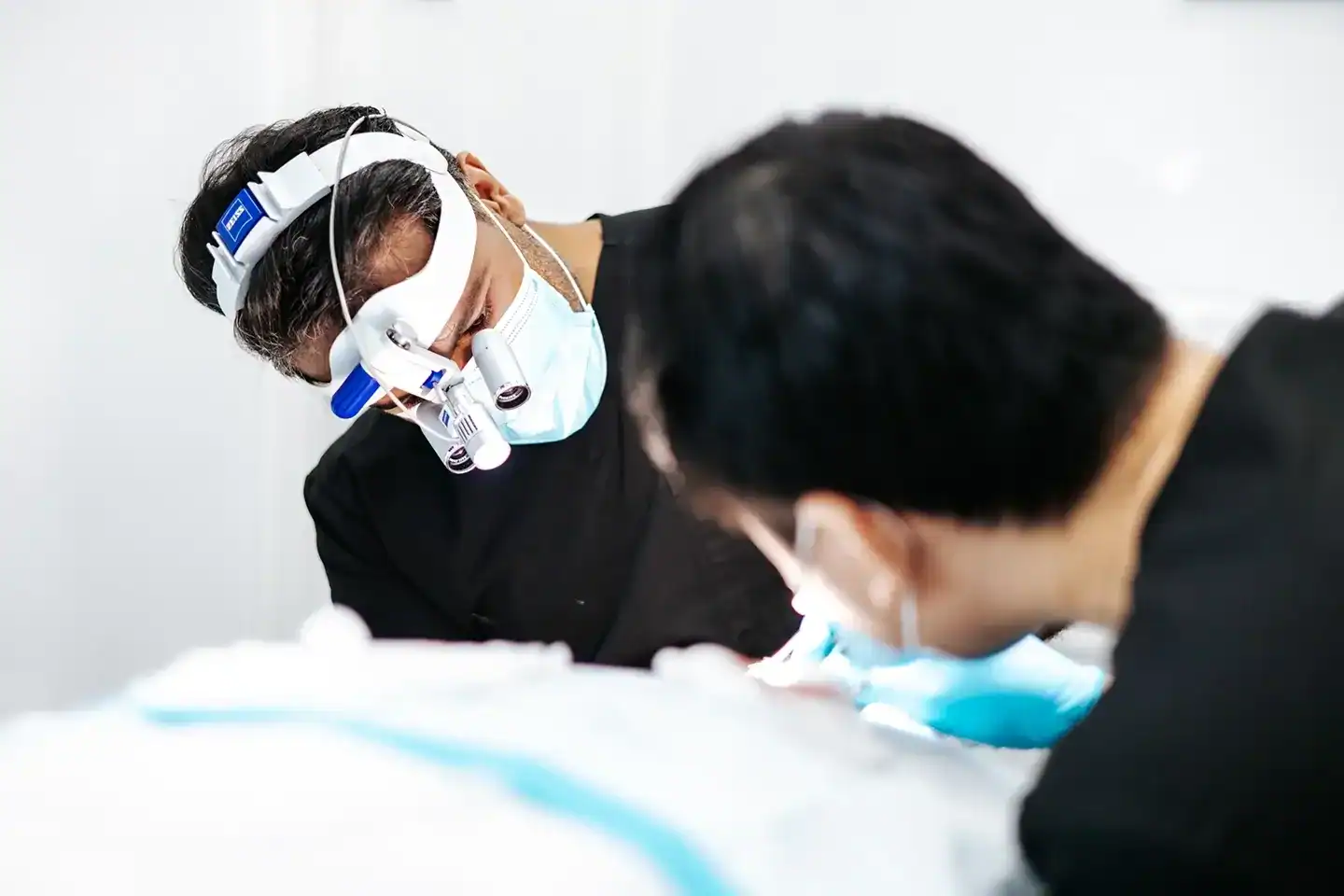Hair loss affects individuals across all demographics. At the Canadian Hair Transplant Centre, our medical team offers non-surgical hair restoration medications and therapies to stabilize hair loss, maintain follicles, and promote regrowth. These evidence-based solutions work for early-stage hair loss and complement surgical procedures.






Note: Diagnostic assessments, including trichoscopy and scalp analysis, may incur additional costs.

Important Note: Subject to availability and resources, patients may be advised to consult their own medical doctor or dermatologist to initiate medication therapy and achieve stabilization prior to scheduling a surgical hair treatment consultation at the Canadian Hair Transplant Centre. Many patients benefit from establishing care with their primary physician for ongoing medication management.
| Medical Hair Loss Therapy | Hair Restoration Surgery |
|---|---|
| Non-invasive pharmaceutical/therapeutic intervention | Surgical procedure (FUE/FUT) with permanent results |
| Stabilizes loss and may stimulate regrowth | Redistributes DHT-resistant follicles |
| Requires ongoing daily/regular compliance | One-time intervention |
| Results visible 3-6 months, peak 12-18 months | Final results 12-18 months |
| Effects last only with continued use | Permanent redistribution of hair |
| Lower initial cost, ongoing expenses | Higher upfront investment |
| Addresses the entire scalp, including the donor area | Treats only the recipient areas |
Note: Optimal outcomes often involve both medical stabilization and surgical intervention. At the Canadian Hair Transplant Centre, medications are recommended before and after the procedure to help preserve native hair and support hair regrowth for men, particularly in areas not yet fully depleted.
Disclaimer: All medical treatments involve risk. Results vary between individuals. Most non-surgical treatments require ongoing use to maintain benefits. Prescriptions should be obtained through an appropriate medical evaluation. Assessment and monitoring consultations may incur costs. This information is for educational purposes only and does not replace medical advice.
Understanding hair loss patterns and identifying underlying causes are essential for effective treatment. This comprehensive guide provides information about the various non-surgical options available for hair restoration, including hair loss prescriptions and hair medications commonly used to stabilize shedding and support density in eligible patients.
Whether you’re experiencing early thinning, have been diagnosed with a specific type of alopecia, or are exploring options before considering surgical intervention, understanding these treatments can help you make informed decisions. For personalized medical advice, consult with your healthcare provider or a qualified hair restoration specialist to determine which treatments (including medications for hair loss) are most appropriate for your situation.
Important Note: We are currently not accepting new consultations for non-surgical hair loss treatments. This page is provided for informational purposes only. Patients seeking hair restoration surgery may continue to inquire about their pre-qualification status.
Options include oral finasteride, topical minoxidil, PRP, microneedling, low-level laser therapy, corticosteroid injections, and combination therapies. These treatments are typically administered in conjunction with surgical options and are medically supervised. They are selected based on individual diagnosis, stage of hair loss, and safety profile.
No. These treatments work best for patients with active follicles and early-to-moderate hair loss. They stabilize shedding and may promote regrowth, but cannot regenerate hair in fully bald zones. They are often used to complement surgical procedures.
Currently, we do not offer new consultations for non-surgical therapy as a standalone service. These treatments are discussed as part of an integrated surgical plan. For ongoing medication management, patients are encouraged to work with their primary care physician.
Stopping treatment may reverse gains. Most non-surgical therapies require ongoing use to maintain results. If you’re considering surgery, medications may still be recommended pre- and post-op to protect non-transplanted hair.
If you are not a surgical candidate, Dr. Sharma will explain why and may recommend alternative strategies such as medical therapy, delay, or no intervention. The clinic prioritizes safety and realistic outcomes over sales.